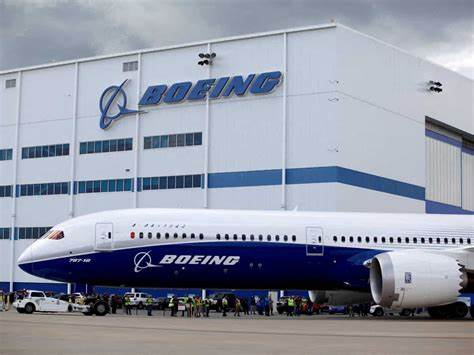The National Agency for Food and Drug Administration and Control (NAFDAC) is facing scrutiny and backlash following reports of sugar addition in Nestlé infant milk products in the country and other poorer countries.
These findings, contrary to international guidelines aiming to curb obesity and chronic diseases, were brought to light by a report.
Join our WhatsApp ChannelPublic Eye, an investigative organization based in Switzerland, conducted tests on samples of Nestlé’s baby food products from regions including Asia, Africa, and Latin America. Results exposed added sugar in brands like Nido, intended for infants aged one and above, and Cerelac, aimed at children between six months and two years.
Laurent Gaberell from Public Eye expressed concern, stating, “Nestlé must cease these double standards and eliminate sugar from all products for children under three worldwide.”
This discovery has sparked inquiries into the role of the National Agency for Food and Drug Administration Control (NAFDAC) in Nigeria. Chido Nwakanma voiced concerns, saying, “Their failure threatens our young people.”
Obesity rates are escalating in low- and middle-income countries, with Africa witnessing a 23% rise in heavier person children under five since 2000, according to the World Health Organization (WHO). Globally, over 1 billion people struggle with obesity.
Determining sugar content in products isn’t always straightforward for consumers, as labels often amalgamate naturally occurring sugars with added sugars. WHO guidelines for Europe recommend zero added sugars for children under three, a principle applicable worldwide.
In the UK, children under four are advised to avoid added sugars due to associated risks like weight gain and tooth decay. The US similarly recommends steering clear of added sugars for those under two.
Public Eye’s report, in collaboration with the International Baby Food Action Network, highlights Cerelac’s global retail sales exceeding $1.2 billion, primarily in low- and middle-income nations like Brazil and India.
Dr. Nigel Rollins from WHO criticized the observed double standards as unjustifiable. Discrepancies were evident in sugar levels across regions, with some products containing substantial amounts of added sugars, especially in developing countries.
Nestlé defended its practices, emphasizing compliance with local regulations and international standards. They stated efforts to reduce added sugars in infant cereals by 11% globally over the past decade and ongoing reformulations for further reduction.
Despite Nestlé’s assurances, concerns linger over the impact of added sugars on children’s health, particularly in regions where access to healthcare and nutritional education may be limited. As debates intensify, pressure mounts on both corporations and regulatory bodies to prioritize children’s health over profit margins.
Emmanuel Ochayi is a journalist. He is a graduate of the University of Lagos, School of first choice and the nations pride. Emmanuel is keen on exploring writing angles in different areas, including Business, climate change, politics, Education, and others.
- Emmanuel Ochayihttps://www.primebusiness.africa/author/ochayi/
- Emmanuel Ochayihttps://www.primebusiness.africa/author/ochayi/
- Emmanuel Ochayihttps://www.primebusiness.africa/author/ochayi/
- Emmanuel Ochayihttps://www.primebusiness.africa/author/ochayi/



















Follow Us